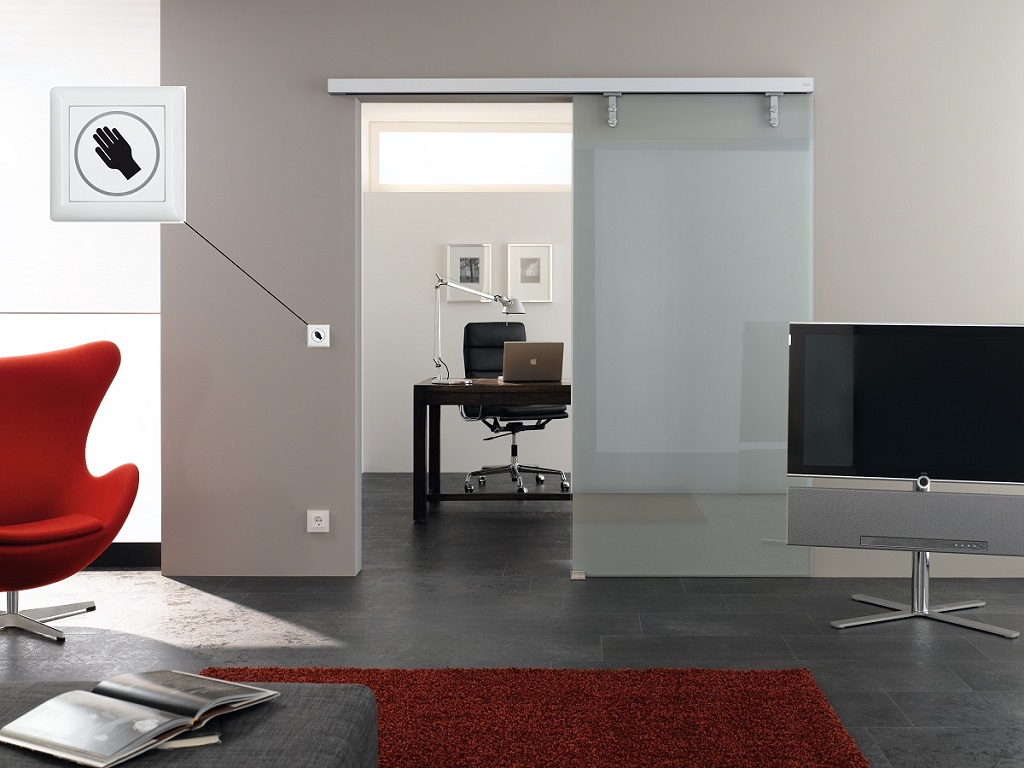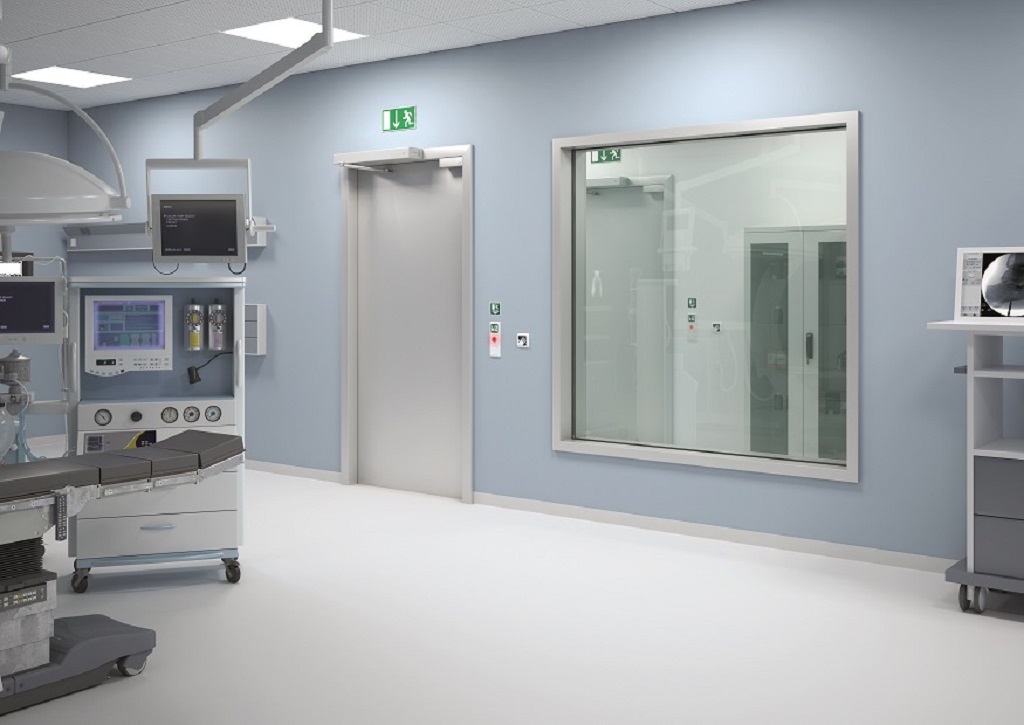As the world continues to battle the COVID-19 pandemic, businesses are increasingly turning to technology to stabilise everyday life – with security and access control being top areas of consideration.
This is why dormakaba’s touch-free automated entrance solutions are recognised and sought-after by operators in several commercial sectors, including healthcare, education, retail and hospitality.
Operators in these sectors are characterised by high intensity human traffic and this means an increase in risk of large volumes of harmful bacteria or viruses on the physical infrastructure, like doorknobs.
The leading provider of smart access control and security solutions warns that infections small and severe, such as common cold, E-coli, Staphylococcus, Aurea’s, as well as fungal and viral infections including various forms of coronavirus like COVID-19, can be present on doorknobs.
Even though the longevity of every virus and bacteria is unique, some can survive on indoor surfaces for more than seven days.
According to the World Health Organisation (WHO), every year, millions of people worldwide die of infectious diseases. Even though mortality due to these diseases is a complex phenomenon, many could’ve been prevented with hand hygiene.
dormakaba continues to push the value of its no-touch automated solutions because, as the company explains, by installing sterile entrance solutions like automatic sliding or swinging doors can reduce infection risks at high-traffic buildings.
These responsive doors use smart sensors to determine when to open or close, eliminating the need for handling a doorknob. Some of these entrance systems might even tap into radio remote control or facial recognition tools to open.
Other items in the ecosystem of an entrance can help too: Especially in hospitals and medical institutions, hand sanitizer dispensers placed next to door handles are also becoming an increasingly common sight. As some material scientists are working on developing “self-cleaning” surfaces, these technologies might become more prevalent in buildings of the future.
The ongoing pandemic due to COVID-19 is an unprecedented global health challenge that requires complex sets of solutions to globally tackle. A challenge like this calls for all sectors from medical research to supply chain industries to collaborate and play their parts in eliminating the COVID-19.
There’s no doubt that the residents of this ever-smaller world will keep interacting with each other, exchanging ideas and perspectives — but sometimes bacteria or viruses. However, the right preventive measures will ensure that their human and economic consequences of the latter are minimal.
Even though the doorknobs are far from the only way people can catch illnesses like COVID-19, optimising them is among a complex set of solutions to improve public health holistically. You can find more information about our access solutions for hygiene here. https://www.dormakaba.com/za-en/products—solutions-/solutions/hygiene-and-infection-protection





